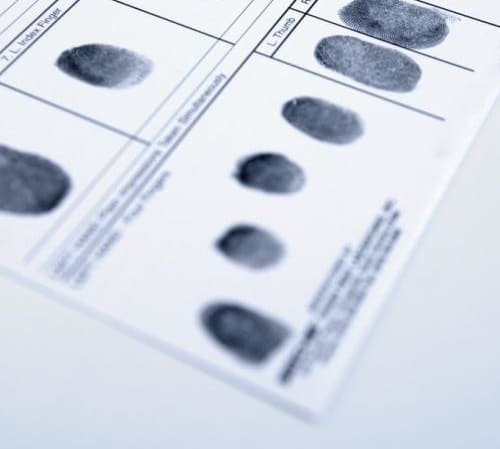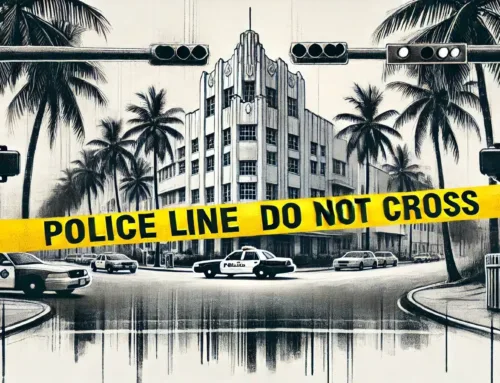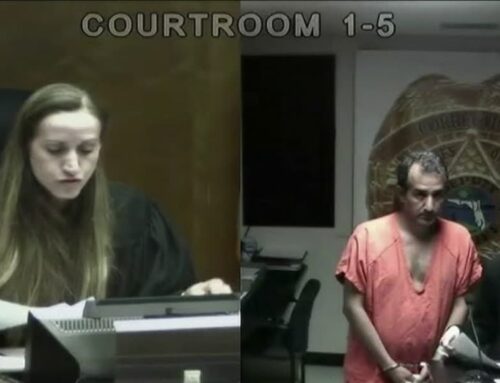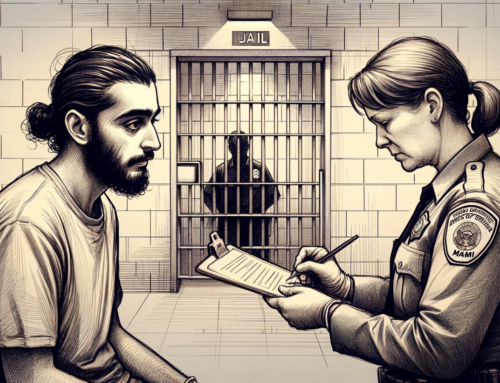What Are Collateral Consequences of a Criminal Conviction in Florida?
A person’s life may be affected by collateral consequences of a criminal conviction in Florida long after they have completed their sentence. These can include losing the right to vote, being unable to obtain certain licenses or certifications, having difficulty finding employment or housing, and losing certain government benefits. Convictions often result in mandatory collateral consequences, while others may be discretionary and imposed by a judge or administrative agency. Several collateral consequences are not specific to a particular crime and can apply to any conviction, while others are crime-specific and only apply to specific offenses.
Types of Collateral Consequences in Florida
A criminal conviction can result in many types of collateral consequences in Florida. Among them are:
- Loss of the right to vote: In many states, people with certain criminal convictions are not allowed to vote while incarcerated or on parole or probation. In some cases, the right to vote may be restored after a person has completed their sentence, but in others, it may be permanently lost.
- Loss of professional licenses or certifications: Many professions, such as law, medicine, nursing, and teaching, require individuals to hold a license or certification to practice. A criminal conviction can make it difficult or impossible for someone to obtain or maintain these licenses, even if the crime is not directly related to the profession.
- Difficulty finding employment: Many employers are hesitant to hire people with criminal records, and a conviction can make it more difficult for someone to find work. Some employers are required by law to conduct background checks, and a criminal record can disqualify someone from certain types of employment.
- Difficulty finding housing: Landlords and property management companies may be hesitant to rent to people with criminal records, and a conviction can make it more difficult for someone to find housing.
- Loss of government benefits: Some government benefits, such as financial aid for education and certain housing assistance, are only available to people with a clean criminal record. A conviction can make it difficult or impossible for someone to receive these benefits.
- Loss of parental rights: In some cases, a criminal conviction can result in the loss of parental rights, such as the right to custody or visitation with one’s children. This can be particularly severe for people convicted of domestic violence or child abuse crimes.
- Deportation or removal from the country: Non-citizens convicted of certain crimes can be deported or removed from the country, even if they have lived in the United States for many years and have strong ties to the community. This can be a severe collateral consequence for people not citizens of the United States.
Crimes can have a wide range of collateral consequences in Florida, and the specific consequences will depend on the crime. If you are convicted of shoplifting, for example, the consequences could include the loss of discounts or membership privileges at the store where the offense occurred, civil monetary damages, restrictions on entering certain stores or shopping centers, and difficulty finding employment in the fields of retail or security.
How a Defense Attorney Can Make a Difference
A criminal defense attorney can help you avoid collateral consequences in several ways:
- Negotiating a plea bargain: In many cases, a criminal defense attorney can negotiate a plea bargain on your behalf, which may involve pleading guilty to a lesser charge in exchange for a lighter sentence. This can help you avoid the more severe consequences of a conviction on the original charge.
- Challenge the evidence against you: A criminal defense attorney can help you challenge the evidence against you, including by questioning the reliability of witnesses, the admissibility of certain types of evidence, and the constitutionality of police actions. This can help you avoid a conviction or reduce the charges against you.
- Representing you at trial: If your case goes to trial, a criminal defense attorney can represent you in court and present your defense to the jury. They can also object to inappropriate or prejudicial questions or statements made by the prosecutor or judge.
- Advocating for leniency at sentencing: If you are convicted, a criminal defense attorney can advocate for a lenient sentence, such as probation instead of imprisonment or participation in a rehabilitation program. This can help you avoid the more severe consequences of a harsher sentence.
Contact an Experienced Defense Lawyer
Having an experienced defense lawyer on your side can significantly increase your chances of obtaining a favorable outcome and avoiding the collateral consequences that may result from a criminal conviction in Florida. If you have been arrested or charged with a crime, don’t wait to get help.
*Due to the large number of people who contact our requesting our assistance, it is strongly suggested that you take the time to provide us with specific details regarding your by filling out our confidential and secure intake form. The additional details you provide will greatly assist us in responding to your inquiry promptly and appropriately.
ALWAYS INVESTIGATE A ‘S QUALIFICATIONS AND BEFORE MAKING A DECISION ON HIRING A







